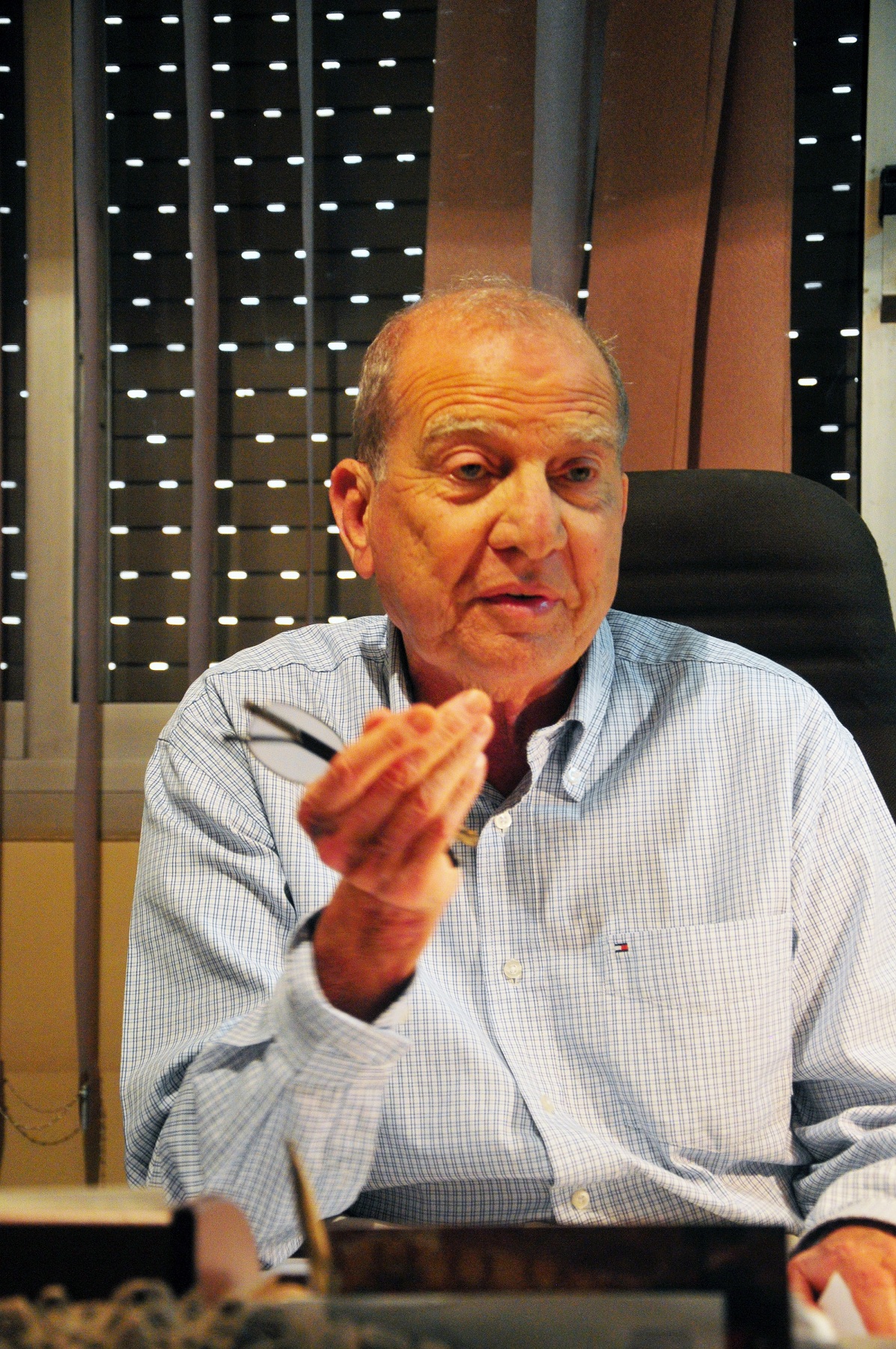BEIRUT: Syrian security forces shot dead at least 34 demonstrators in Hama on Friday, an activist said, in one of the bloodiest incidents in their crackdown on an 11-week revolt against President Bashar Al-Assad’s rule.
In a pattern seen every Friday since mid-March, protesters have marched out of mosques after noon prayers, to be met by security forces intent on crushing a revolt against Assad, in power in Syria for the last 11 years.
Three residents said security forces and snipers fired at tens of thousands of demonstrators gathered in the city centre in one of the biggest protests seen so far in Hama, and scores of wounded were taken to a nearby hospital.
"The firing began from rooftops on the demonstrators. I saw scores of people falling in Assi square and the streets and alleyways branching out. Blood was everywhere," a witness who gave his name as Omar told Reuters from Hama.
"It looked to me as if hundreds of people have been injured but I was in a panic and wanted to find cover. Funerals for the martyrs have already started," he said.
Protests in Hama have a particular resonance, since the city was attacked in 1982 by Assad’s father, then President Hafez Al-Assad, who crushed an armed Islamist uprising, killing up to 30,000 people and razing parts of the city to the ground.
"Tens of thousands turned up in Hama and Idlib in the biggest demonstrations since the uprising. This is a natural reaction to the increased killings and lack of seriousness by the regime for any national reconciliation," said Rami Abulrahman of the Syrian Observatory for Human Rights, who gave the latest death toll figure.
Syrian forces also opened fire on demonstrations in the eastern city of Deir Al-Zor and in Damascus’ Barzeh district.
Activists and residents said thousands of people marched in the northwestern province of Idlib, the Kurdish northeast, several Damascus suburbs, the cities of Homs and Hama and the town of Madaya and Zabadani, in the west.
Assad uses force, promises reforms
In the southern city of Deraa, where protests first broke out 11 weeks ago, hundreds defied a military curfew and held protests, chanting "No dialogue with killers," two residents in the city told Reuters. The protest later broke up.
Analysts say protests continue to spread despite the military crackdown, but have shown no sign yet of reaching the scale needed to topple Assad’s rule.
Rights groups say Syrian security forces have killed more than 1,000 civilians in the unrest, provoking international outrage at Assad’s ruthless handling of the demonstrators and leading US Secretary of State Hillary Clinton to say Assad’s legitimacy "had nearly run out".
Syrian authorities blame the violence on armed groups, backed by Islamists and foreign powers, and say the groups have fired on civilians and security forces alike. Authorities have prevented most international media from operating, making it impossible to verify accounts of the violence.
One activist, who declined to be named, said that before the shooting started protesters burned the Baath Party office in Hama and said it was not clear how the shooting broke out.
Activists say there have been some instances in which citizens have tried to resist security forces by using personal weapons, and of cases where security police have shot soldiers for refusing to fire at protesters.
Assad has responded to what is the most sustained and challenging rebellion against his rule by sending in tanks to crush demonstrations in certain flashpoints and by making some reformist gestures, such as issuing a general amnesty to political prisoners and launching national dialogue.
But protesters and opposition figures have dismissed these measures. The cities and towns of Deraa, Tel Kelakh, Banias and Rastan have witnessed intense crackdowns by the military.
Growing outrage
Western powers have escalated their condemnation of Assad as the unrest shows no signs of abating and the death toll grows.
The United States, the European Union and Australia have all imposed sanctions on Syria, but perhaps because of reluctance to get entangled in another confrontation, such as Libya, and wary of provoking more instability in a region still in the midst of an "Arab Spring", their responses have been less vehement.
But outrage has grown over the death of a 13-year-old boy, Hamza Al-Khatib, whom activists say was tortured before his body was given back to his family. Syria denies he was tortured.
Khatib has emerged as a symbol for protesters and in Dael, a town near Deraa, about 5,000 protesters raised pictures of him as they called for freedom and the downfall of the regime.
Two UN special advisers said they were alarmed about the Syrian authorities’ "systematic and deliberate attacks" against civilians, adding they appear to have been targeting residential neighborhoods in their operations.
Opposition figures meeting in Turkey called on Assad to resign immediately and hand power to the vice president until a council is formed to transform the country to democracy. –Additional reporting by Khaled Yacoub Oweis in Antalya, Turkey and Suleiman Al-Khalidi in Amman and Mariam Karouny in Beirut
